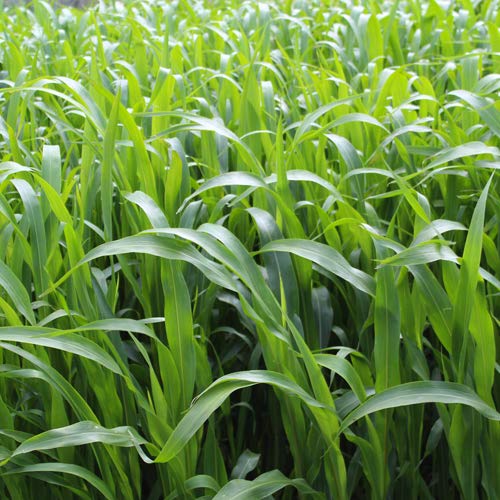Agricultural Value Chain Products and Solutions
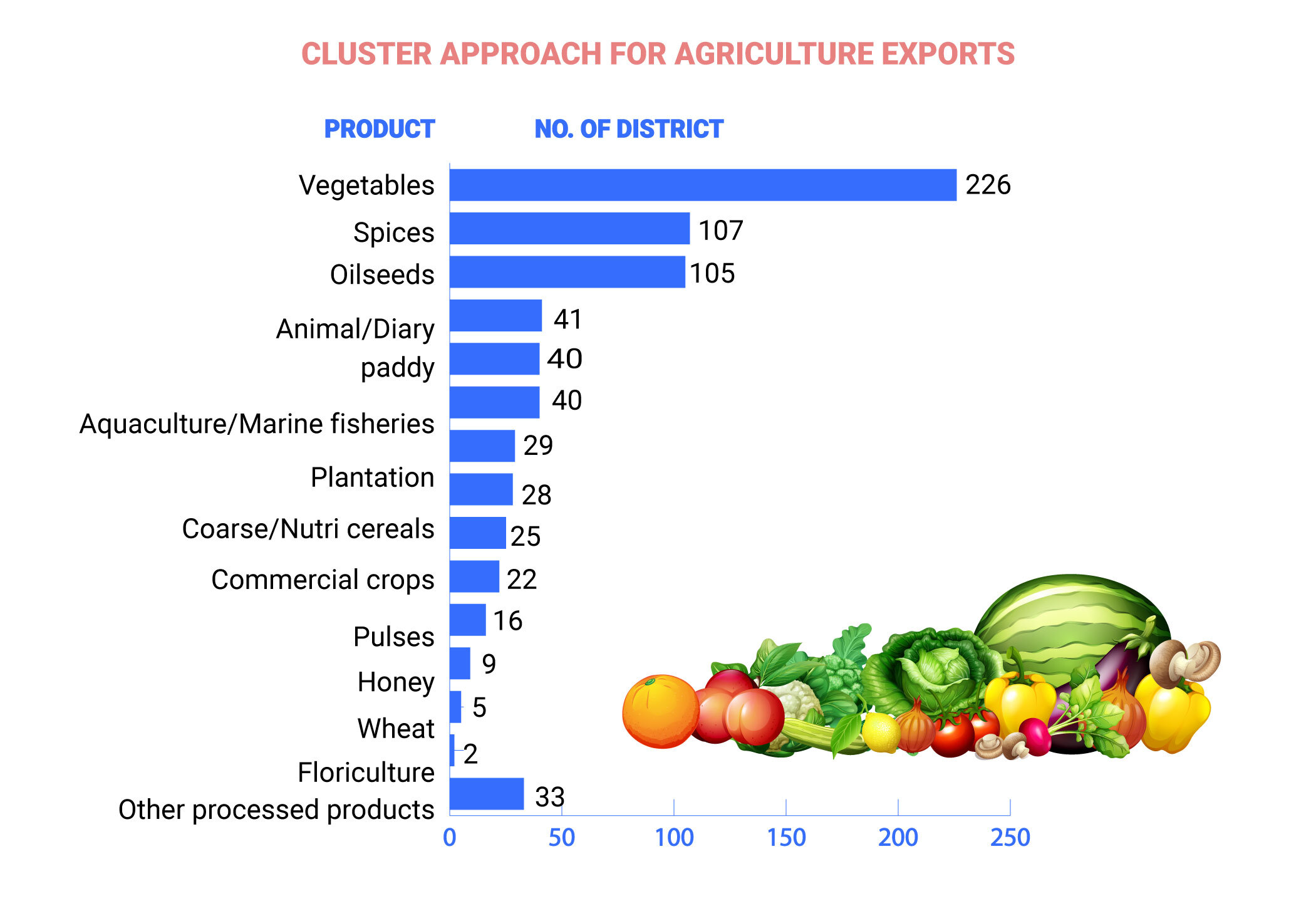
India's Agricultural Exports Decline Slightly in FY24
In the fiscal year 2023-24, India's agricultural exports decreased to $48.77 billion from $51.12 billion in the previous year. Despite this decline, India maintained its position as the world's eighth-largest agricultural exporter. The government continues to focus on enhancing export strategies to boost the agricultural sector's contribution to the economy.
Continue Reading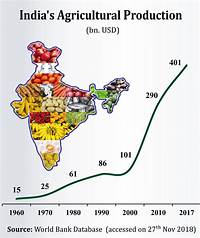
Agricultural Growth Rate Projected to Reach 20%
Union Minister Nitin Gadkari has projected that India's agricultural growth rate will rise to 20% over the next two years. He highlighted the need to make agriculture economically viable and job-generating, noting that 65% of the rural population currently contributes only 12% to the country's growth. Initiatives such as green highways, port connectivity, and reducing logistics costs are being emphasized to boost the agricultural economy.
Continue Reading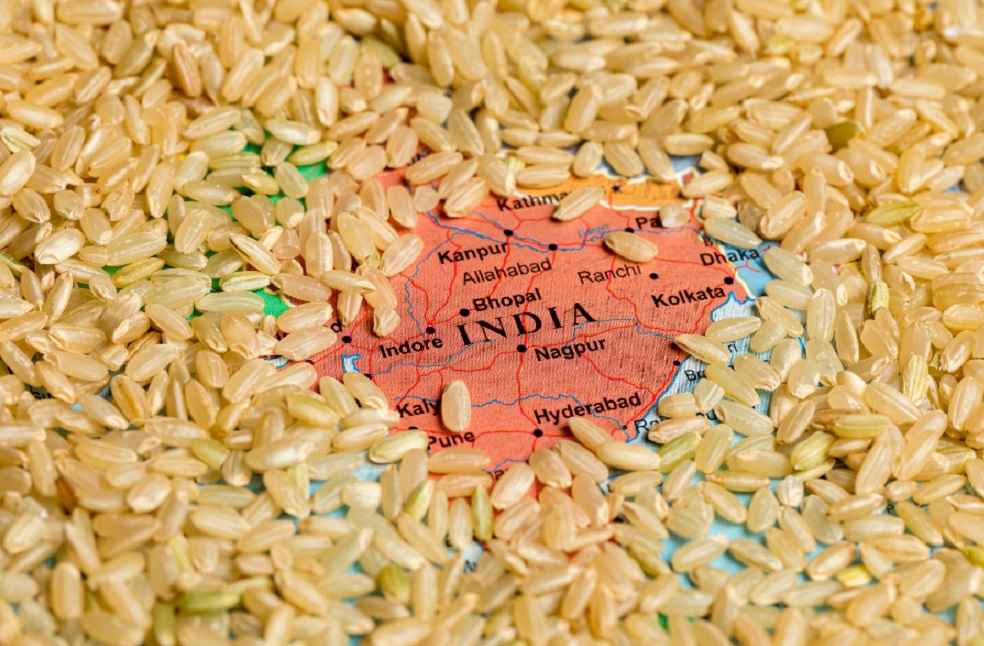
India Lifts Rice Export Restrictions
India, the world's largest rice exporter, has removed its remaining restrictions on rice exports, aiming to double agricultural shipments by 2030. This decision has led to a significant drop in rice prices, impacting producers in countries like Pakistan, Thailand, and Vietnam. The move is expected to benefit markets in Africa and East Asia by providing more affordable rice options.
Continue Reading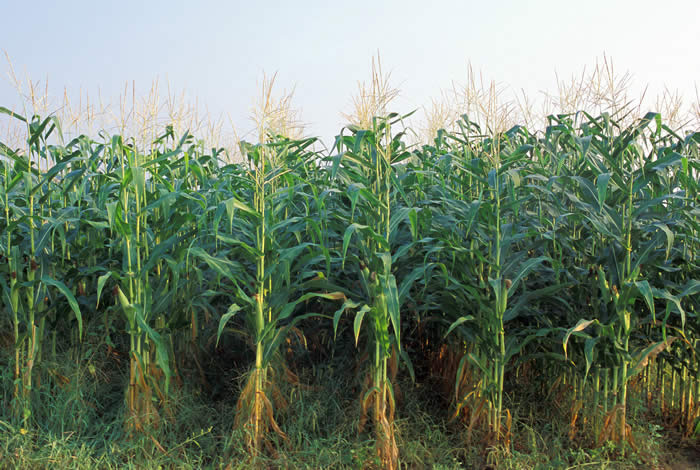
Farmers network urged PM to encourage R&D of herbicide-tolerant (HT)
The Bharatiya Farmer Network, a national farmer collective, has urged Prime Minister Narendra Modi to encourage the development and distribution of herbicide-tolerant (HT) non-Basmati rice varieties.
While acknowledging the Indian Agricultural Research Institute’s (IARI) contributions to the development of HT Basmati rice, the network wishes to extend these benefits to a broader range of rice cultivators.
Continue Reading

